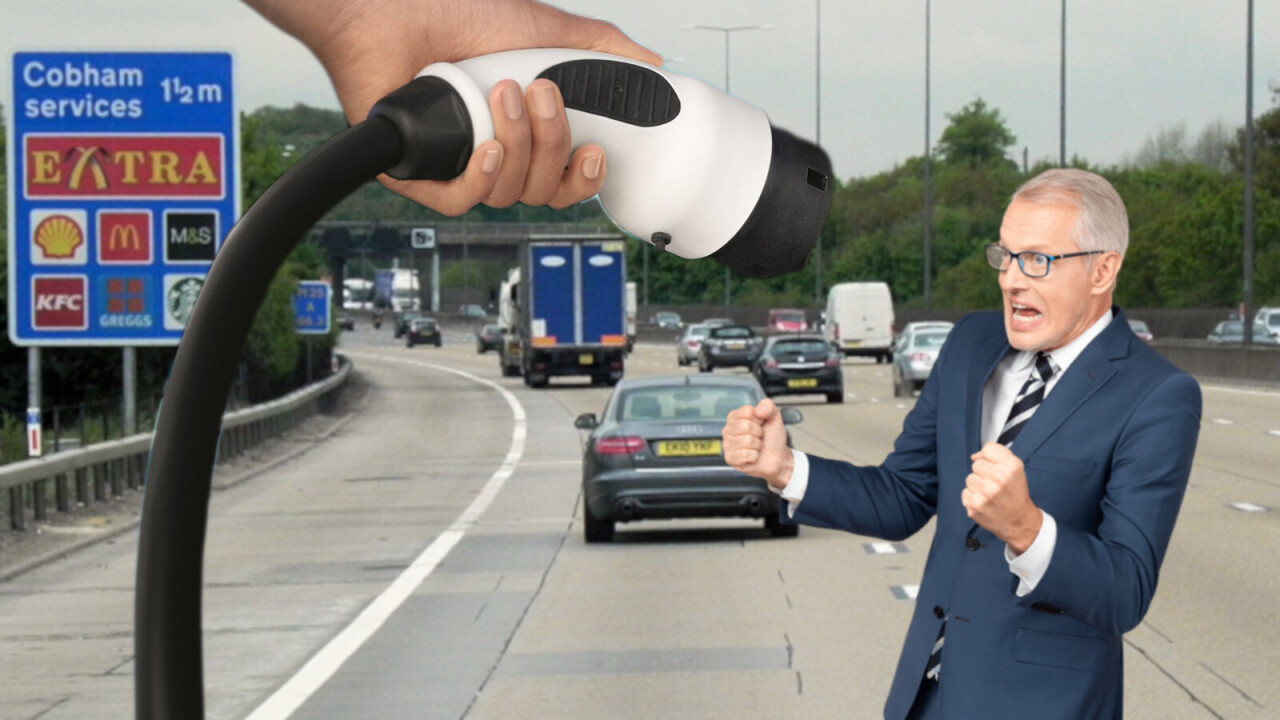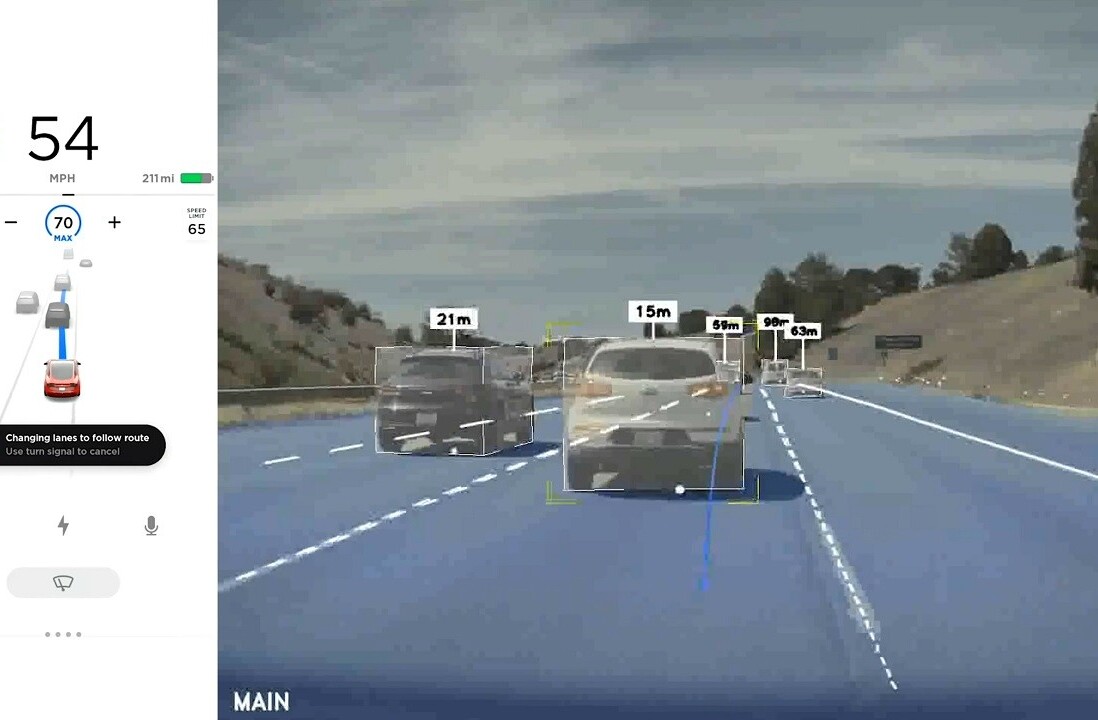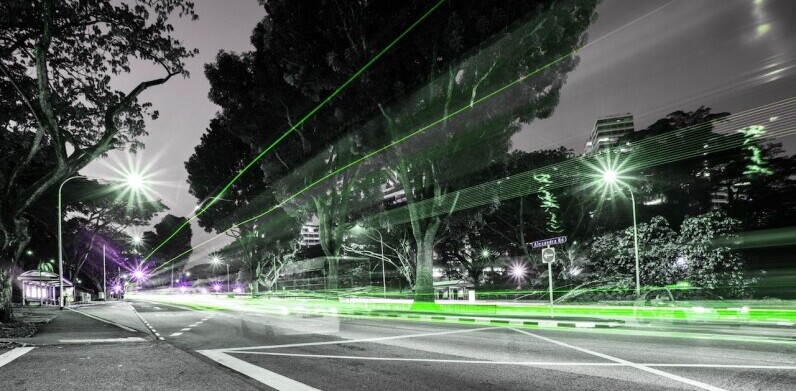
While electric vehicle registrations in the UK are on the up, many are concerned that the country’s power grid isn’t ready to meet demand.
Motorway service station operators are saying Britain’s electricity network isn’t up to the standard required for electric vehicle (EV) charging, the Financial Times reports. When it comes to the rollout of charging points, it seems it’s creating a bit of a roadblock.
Despite efforts to add EV charging points, RoadChef, one of the country’s top three motorway service station operators, isn’t able to move forward as planned.
Its EV charging point plans have largely been held up by local electricity grid operators (DNOs). Chairman Simon Turl says the local operators charge millions of pounds and take up three years to install the required infrastructure.
“It feels like our power network at times is not fit for purpose to serve this massive charging need that is coming,” Mr Turl told the FT.
“We can fund this, there is no cost to the state. But we can only make that provision as quickly as the DNOs can make it happen,” they added.
Welcome Break, another top three operator, tells a similar story saying it was quoted “tens of millions of pounds” to install a high-speed charging connection at just one of its sites.
Given the UK government’s intention to ban petrol and diesel cars by 2040, one would expect it to be a little more proactive at supporting those looking to install EV charging points.
National Grid, the organization that operates the UK’s electricity network, has reportedly earmarked 54 locations in England and Wales where “ultra rapid” chargers could be built without having to build entirely new infrastructure. But it will come at a cost of up to £1 billion (ca. $1.3 billion) and won’t happen overnight.
The cost to install EV chargers will be highest in rural areas where they are perhaps needed most. That is if the UK is to hit its vehicle emission targets and encourage drivers to use EVs for longer journeys.
Even though battery technology is improving EV range, many still cite “range anxiety” as the main reason they haven’t bought a battery powered car. Better infrastructure is just one way to help allay such stresses of EV ownership.
If the UK is to meet its 2040 targets, it’s going to have to redress its approach to charging infrastructure, and fast.
Get the TNW newsletter
Get the most important tech news in your inbox each week.





